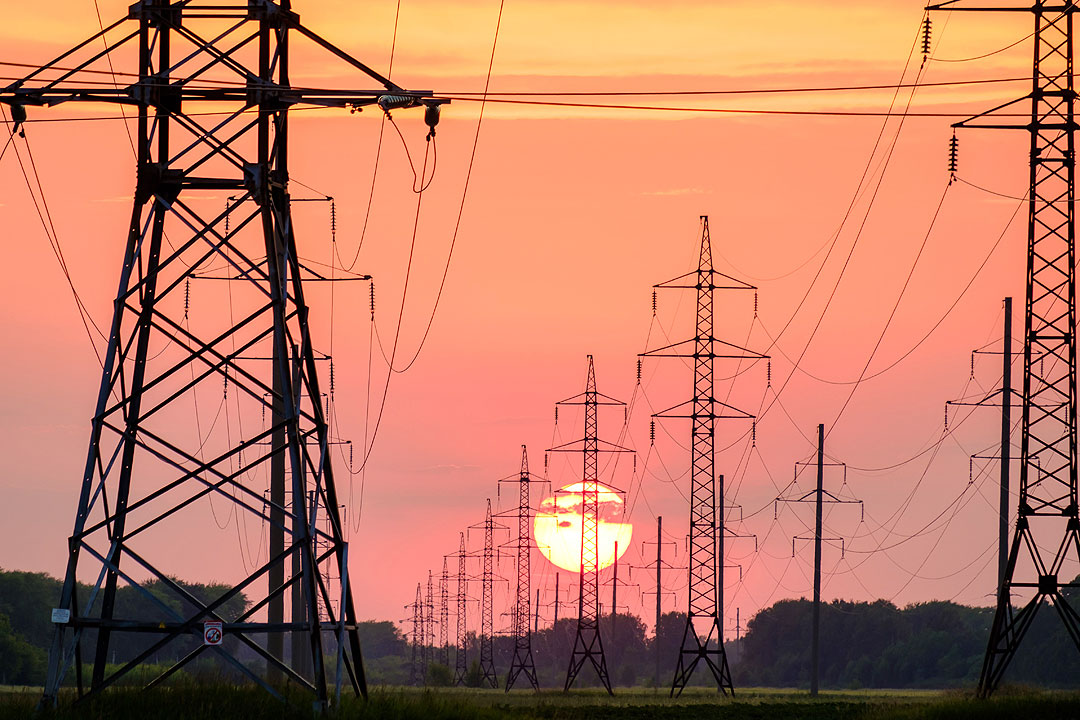Risks flagged in Maharlika plan to invest in transmission grid
By Luisa Maria Jacinta C. Jocson – January 9, 2024 | 8:40 pm
from Business World
 ANDREY METELEV-UNSPLASH
ANDREY METELEV-UNSPLASH
THE Maharlika Investment Corp.’s (MIC) plan to invest in the National Grid Corp. of the Philippines (NGCP) may be too risky given recent issues with the management of the national grid, an energy think tank director said.
“We do not understand the wisdom, if any, behind the decision of MIC to invest in the NGCP, considering that the NGCP is now under siege for its failure to deliver on its commitments to the Filipino people as exhibited by the ongoing rotating brownouts in Western Visayas,” Gerry C. Arances, executive director of Center for Energy, Ecology, and Development said in an e-mail.
MIC President and Chief Executive Officer Rafael Jose D. Consing, Jr. has said that he supports Speaker Martin G. Romualdez’s proposal for the MIC to invest in NGCP.
Mr. Consing said that the MIC will be able to “leverage its unique financial resources and development expertise to accelerate critical infrastructure upgrades, promote renewable energy integration, and improve overall grid efficiency.”
The investment would also help lower energy costs and promote public-private partnerships, he added.
“More money for NGCP will not necessarily solve the policy failure that is deliberately delaying the modernization and upgrade of the transmission system,” Mr. Arances said.
“If anything, the proposal will only provide the NGCP access to public funds without the necessary public control that this sector of the power industry demands,” he added.
Last week, the NGCP raised a yellow alert for the Visayas grid after several power plants tripped. This caused around 452 megawatts (MW) to be unavailable to the grid.
Senators Ana Theresia N. Hontiveros-Baraquel and Francis N. Tolentino have filed separate resolutions seeking to investigate the power failures.
Ilocos Norte Rep. and the President’s son Ferdinand Alexander A. Marcos also filed a resolution to investigate the blackouts. He also proposed that the Energy Regulatory Commission exercise its regulatory power fine the NGCP over the incident.
Mr. Arances said that the government should stop “relinquishing responsibility” for managing the national grid.
Privately-owned NGCP is the sole and exclusive concession and franchise holder for the power transmission network.
“It is high time that we ramp up policy development where decentralization and modernization are the priority to allow Filipinos to tap the potential of renewable energy to lower electricity prices,” Mr. Arances said.
“Whether NGCP, Transco, or any other entity is in charge, the grid can only be truly Filipino if it works towards lowering the prices of electricity for consumers,” he added.
Ateneo de Manila economics professor Leonardo A. Lanzona said that the MIC should be investing in other priority areas.
“My impression was that the goal of MIC was to pool resources and to invest in exponentially high yielding short-term instruments that private investors are not aware of,” he said in an e-mail.
“Instead, it turns its sights on the most obvious investments that everyone with resources would most likely invest in. It does not require financial acumen to know that energy investments are quite lucrative,” he added.
Jose M. Layug, Jr., president of the Developers of Renewable Energy for Advancement, Inc., said an MIC investment would help accelerate renewable energy (RE) development.
“In this regard, we appreciate the thrust of MIC to consider investments to foster public-private partnerships in the energy sector. We defer to MIC’s collective wisdom and financial resources towards achieving this goal,” Mr. Layug said in a Viber message.
Mr. Layug said infrastructure like transmission, distribution, and roads and ports need to improve in order to scale up the installation of power plants and other RE capacity.
“In the past two years, the RE developers have heeded the call of the Marcos administration for more investment. We hope to complete all these projects with collaboration and cooperation among the government agencies and private sector,” Mr. Layug added.
The Philippines is aiming to increase the share of renewable energy in its power mix to 35% by 2030 and 50% by 2040.


